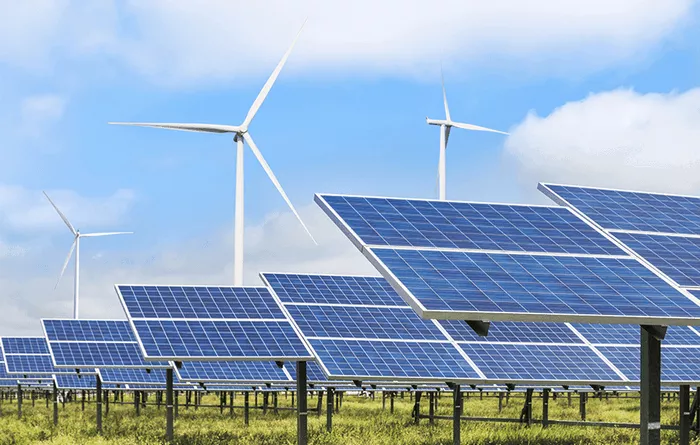Researchers at Lawrence Berkeley National Laboratory have made a significant advancement in clean energy technology by using machine learning to identify a new compound that could revolutionize film capacitors, a critical component of electrical equipment.
Machine learning, a branch of artificial intelligence that enables computers to analyze massive data sets for patterns and make predictions, played a key role in this discovery. Traditionally, finding better materials for clean energy applications would have involved slow trial-and-error processes. However, the team’s machine learning models sped up this search dramatically.
The researchers analyzed nearly 50,000 polymers to identify one that would enhance the performance of film capacitors. They focused on qualities such as resistance to high temperatures, the ability to handle strong electric fields, high energy storage density, and ease of synthesis. The models identified three polymers that met these criteria, with one standing out for its exceptional combination of heat resistance, insulating properties, energy density, and efficiency.
This discovery is significant because film capacitors typically have lower heat resistance compared to ceramic capacitors. However, capacitors using the identified polymers outperformed current models, marking a major step forward in the development of more efficient, high-performance electrical components for clean energy technologies.
Related topics:

